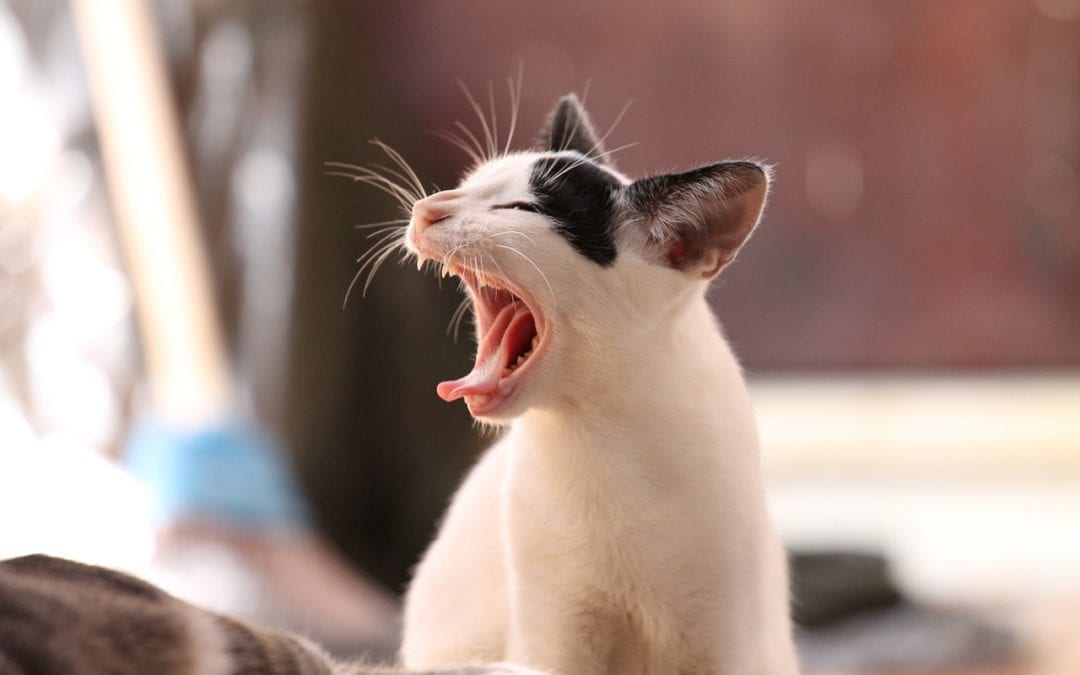Perhaps one of the most frequently diagnosed feline problems, upper respiratory infections can be a huge problem for our kitties.
Infection often causes sneezing, runny noses, runny eyes, fever, congestion, and/or ulcers in the mouth, nose, or eyes. Any cat can be affected by this highly contagious infection, however kittens, outdoor cats, or cats that live with many other cats are most at risk.
The causes
Upper respiratory infections are caused by a variety of viruses and bacteria. The most common causes are herpesvirus and calicivirus. Sometimes affected cats are infected with more than one “bug” at a time.
The symptoms and treatments
So what happens if your cat is suffering from an upper respiratory infection? Most of the time the infection will run its course over a period of 7 to 10 days. Many cats will not require treatment, however if congestion becomes severe enough to where the animal cannot breathe, a high fever develops, or there is a loss of appetite, medical attention is required. Because infections are typically viral, no antibiotic is effective against the infection, however other supportive treatments may be prescribed or recommended.
Prevention and mitigation
Unfortunately, even once a cat recovers, those that have been infected with herpes virus will continue to be infected for the rest of its life. This means that during periods of immunosuppression (stressful events such as boarding, surgery, or moving), a new upper respiratory infection may rear its ugly head.
So how can you prevent these infections? Vaccination is a powerful tool. Over 90% of these types of infections are caused by agents that are included in a routine distemper vaccine. Also use caution when bringing new animals into the household. Have any new pets examined by your veterinarian before introducing them to your other pets.

